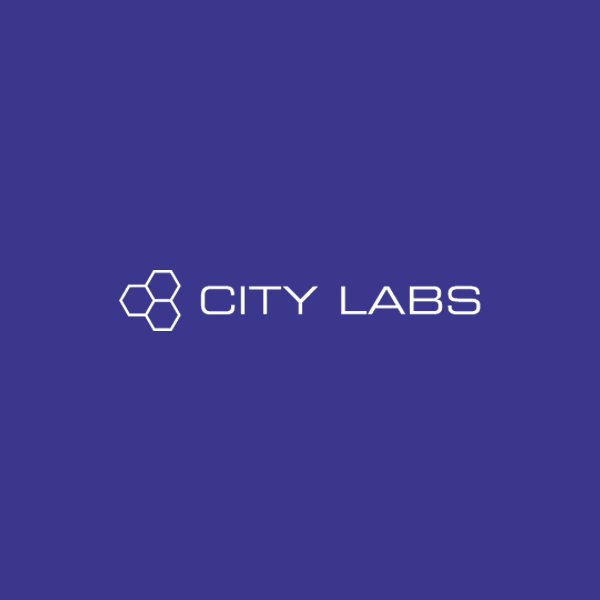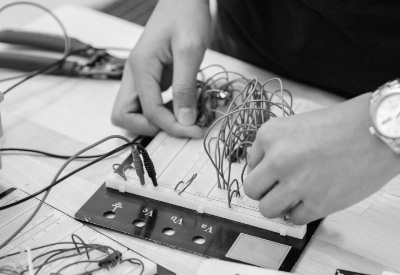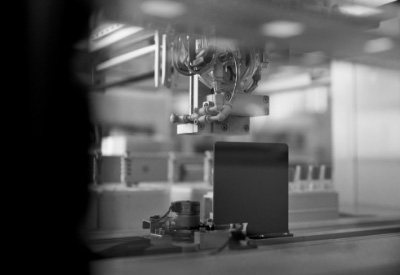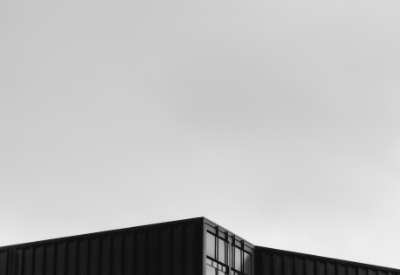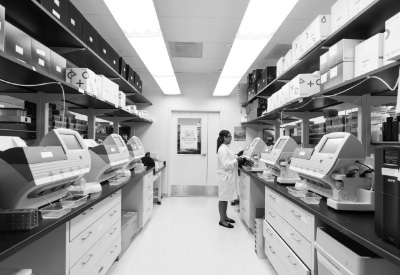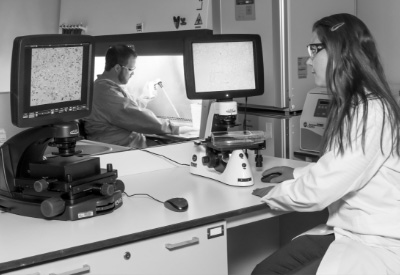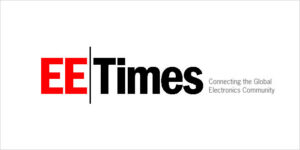
The general license provides the end-user with a safe, reliable and commercially available betavoltaic power source, and eliminates both the burden of regulatory paperwork and end-user radiological training. It also eliminates purchasers to have a prior radiation license.
City Labs’ batteries fueled by the tritium radioisotope with a half life of 12.3 years are long-lasting. Only half of the battery’s fuel will be used in the first 12 years. Yet, the battery continuously emits low powered electrons independently of temperature or any environmental conditions, a different result from conventional batteries that are dependent on short-lived chemical reactions to produce electrons in order to provide power.
The company was founded in April 2005 by two Miami entrepreneurs, Peter Cabauy and Denset Serralta, who led a team of scientists and engineers from national laboratories and universities to create the first commercially available tritium battery. The NanoTritium battery was developed in 2008 for applications associated with memory backup power for enhancement of encryption security in defense systems.
The use of tritium betavoltaic batteries is expanding beyond defense, including homeland security, medical device technologies, and other industrial/engineering applications.
A tritium-based betavoltaic power source enables low-power microelectronic and sensor applications where battery replacement is difficult, impossible, or life-threatening. The Model P100a betavoltaic power source provides a source of continuous nanowatt power for twenty years or more in microelectronic platforms.
City Labs requested defense contractor Lockheed Martin to test their batteries, which were confirmed to operate as specified and to be resistant to extreme temperatures (-50°C to +150°C), as well as extreme vibration and altitude.
In 2011, City Labs completed its first round of financing and was awarded a million-dollar contract by the United States Air Force.
